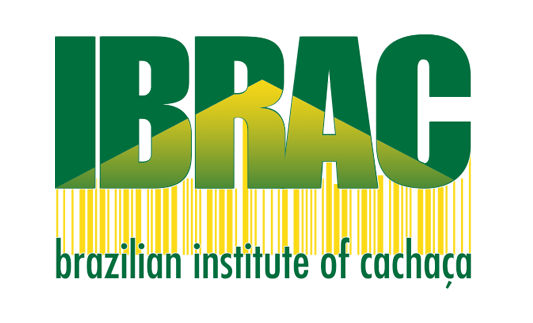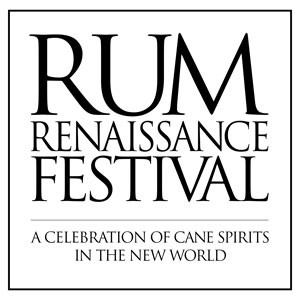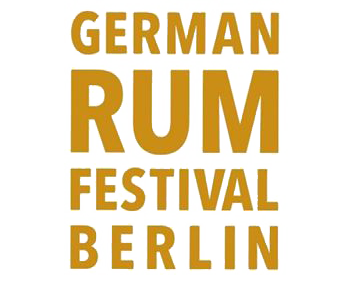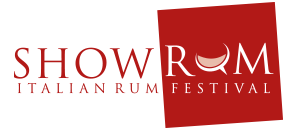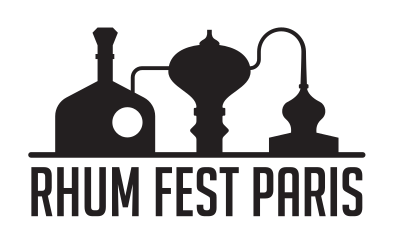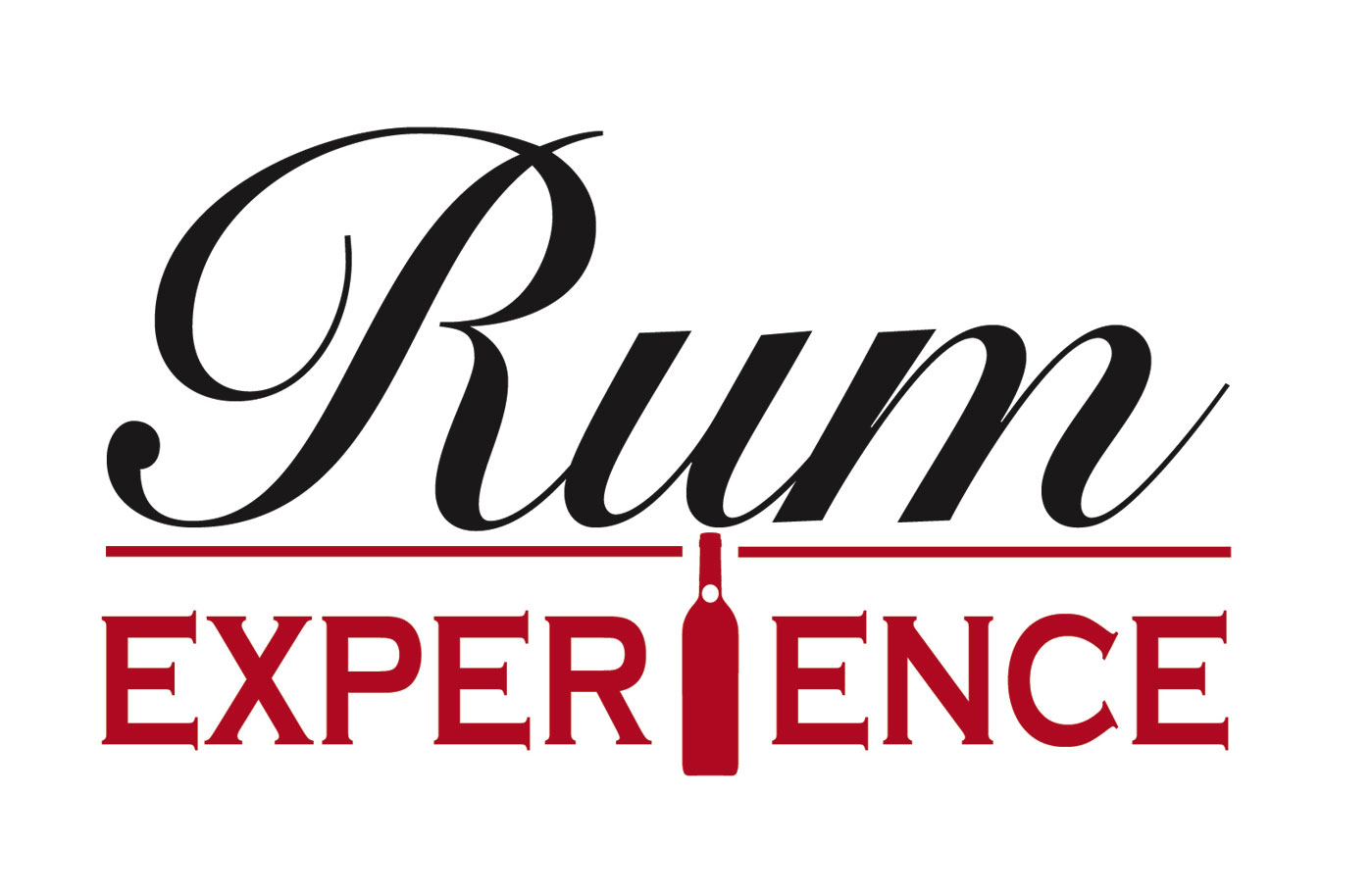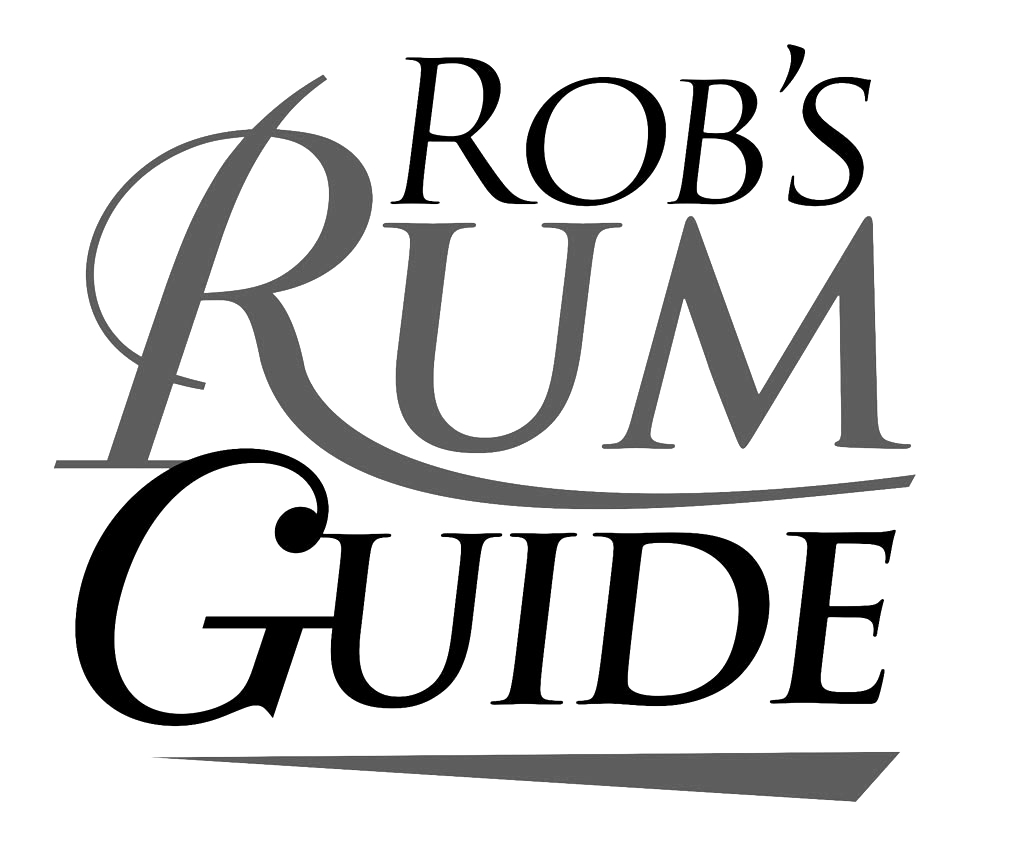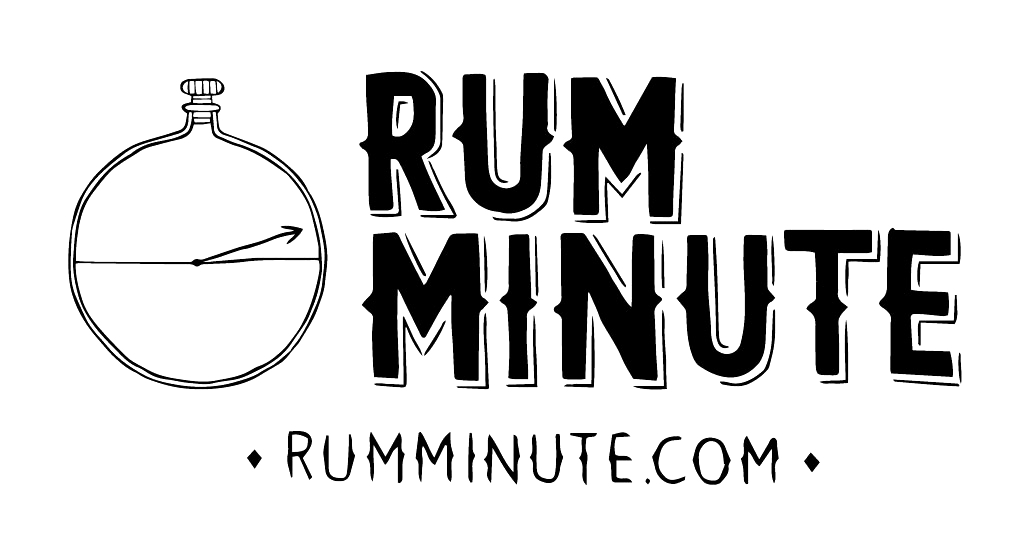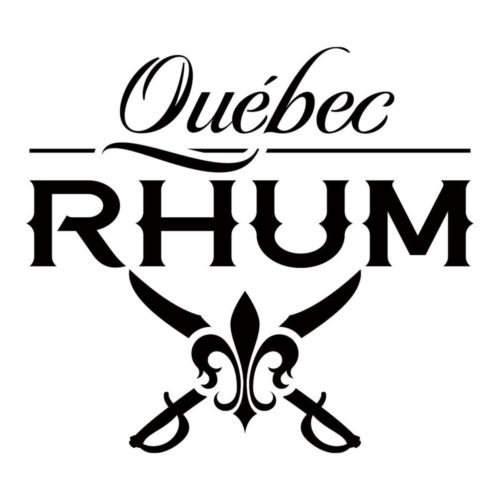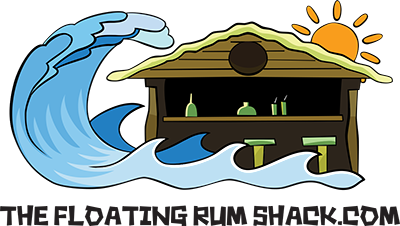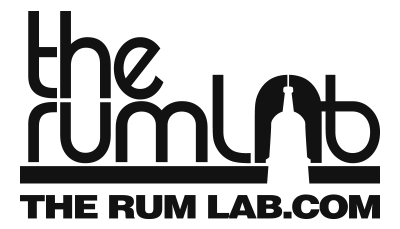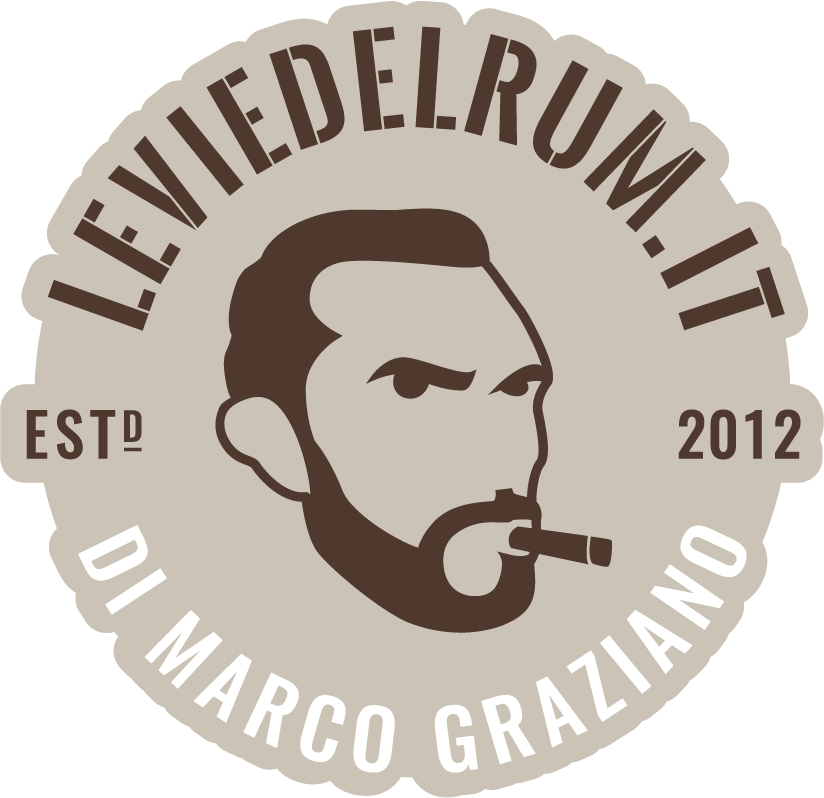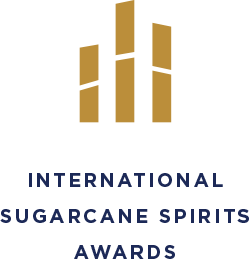A panel of experts (“Experts”, or “Expert” for single individuals), composed of prominent figures unanimously recognized as the most competent in the category, performs analyses and assigns ratings via a scorecard provided by the ISS Awards, during blind-testing sessions spread over a month from the reception of the samples. The Experts are selected for their competence, but the selection process also aims at achieving a homogenous geographical distribution across the globe. They work in tandem with their Deputy Experts (“Deputy Experts”, or “Deputy Expert” for single individuals) and are assisted by a Questeur in charge of managing the internal administration of the competition (“Questeur”). The members of the Expert Panel (the Experts and the Deputy Experts) are governed by the present charter, which commits all its members and constitutes the ethical foundation of their practice.
Ethical Principles
1.1 Objective Assessment. The tastings are made “blind”. Under no circumstances must the Expert Panel members be aware of or try to identify the samples tasted. They possess no other information than the category number of the sample. This category number is provided by the ISS Awards (each sample can be part of one, and one only, of the 22 existing categories). Apart from exchanges between an Expert and his/her Deputy Expert, Expert Panel members must under no circumstances communicate with one another regarding the samples.
1.2 Professional Secrecy. The Expert Panel members and the Questeur are subject to the obligation of professional secrecy. This obligation covers everything that the Expert Panel members learned in the tasting process, and everything the Questeur has learned in the performance of his/her duties. Expert Panel members must monitor the use made of their names, titles and declarations within the ISS Awards.
1.3 Morality, Probity, and Independence. In all circumstances, all the members of the Expert Panel as well as the Questeur are subject to compliance with the principles of morality, probity, and independence. Experts may delegate to their Deputy Expert all or part of their obligations related to the tasting process of the ISS Awards. Apart from this exception, they may not, at any moment and in any form whatsoever, assign, delegate or alienate, to any natural or legal person, all or part of their obligations arising from the processes of the ISS Awards. Only the Questeur chooses which samples to send to the Experts, and the whole Expert Panel must respect the Questeur’s right to determine freely, according to the circumstances, which samples must reach which members of the Expert Panel. The members of the Expert Panel must refrain from any action susceptible of resulting in material gain associated with the ISS Awards tastings.
1.4 Development. The members of the Expert Panel maintain and perfect their knowledge in accordance with their obligation of continuous professional development.
Scorecard Guidelines
2.1 Defective Sample. The members of the Expert Panel fill out the scorecard for all the samples, including samples appearing to be defective (corked, deviant, etc.). In the case of a defective sample, they simply need to tick the corresponding box: potentially defective sample.
2.2 Physically Altered Vial. If a sample vial was physically altered in any way during transportation (leak, opening, breakage…), the Expert Panel member concerned must tick the corresponding box at the very top of the Scorecard, and must under no circumstances taste the sample.
2.3 Order. The members of the Expert Panel follow strictly the order of the items in the scorecard: texture (several answers are possible), characteristics (several answers are possible), aromas (at least two main aromas for Nose, Palate and Finish). They also assign an overall score (one choice only).
2.4 Aroma Identification. For the members of the Expert Panel, aroma perception of the sample will result from (i) sensory representations perceived orthonasally (during olfaction) which will define the nose. These representations will be complemented during the actual tasting (ii) by the gustative (flavors), trigeminal (temperature, texture) and retronasal sensations, which together will determine palate and finish.
Practice Guidelines
3.1 Tasting Environment. External elements, such as temperature, air pressure and hygrometry or room ventilation may influence or change aroma perception. Expert Panel members must make sure to taste the samples in a well-ventilated room with appropriate temperature and hygrometry. They may perform the tasting outdoors when necessary to better assess the samples concerned. In any event, when tasting, Expert Panel members must stay clear at all times from parasitic odors: domestic smells, paint, dust, cooking smells or any alteration of air quality resulting from chemical, biological or physical pollutants, spaces contaminated with suspended particles or any substance whose concentration and presence duration may result in altering aroma perception. Any other element susceptible of disturbing the Expert’s concentration (loud background noise, flashing lights, etc.) should also be avoided.
3.2 Neutrality. Before and during tasting, Expert Panel members must avoid wearing perfume, smoking and consuming foods or drinks with powerful aromas (coffee, licorice, menthol, etc.), all of which might interfere with the perception of the aromatic profile of the spirit tasted. Tasting times must be chosen in accordance with this neutrality principle, the ideal tasting time being the hour before lunch or dinner. In any event, Expert Panel members must drink fresh mineral water (at room temperature) before and during sample tasting in order to neutralize volatile compound emission temperature differences and mouth acidity (pH).
3.3 Aeration. Airing the tasting samples is fundamental. Aromas evolve from the moment the sample is opened and through the following hours, days and months, as a result of their superposition, but also of oxidization. Expert Panel members must thus air the samples in advance before tasting them over a certain period of time, in order to give the aromas enough time to blossom and re-concentrate.
3.4 Temperature. The members of the Expert Panel must taste the samples at ambient temperature, between 18°C and 22°C.
3.5 Glass. Expert Panel members must taste the samples in a stemmed tulip glass with a thin rim, a wall height of 90mm to 100mm, a bowl/parison diameter of 60mm to 70mm and a rim diameter of 40mm to 50mm. To ensure the full distribution of the sample over the inner wall of the bowl, the tasting glass must be slowly rotated a full 360 degrees, as horizontally as possible. This manipulation results in increasing the surface of contact with the air, in obtaining dry residue on the inner wall of the bowl, and in bringing out the heaviest aromatic compounds.
3.6 Addition of Water. Expert Panel members must always taste the samples without adding water, at least initially. However, if a sample seems to require opening up, they may in a second phase add fresh, neutral, room temperature mineral water drop by drop until the perfect amount of dilution is reached, in order to release the sample’s aromas without altering its structure or texture.
3.7 Tasting Order and Series. Each sample must be tasted individually, as each member of the Expert Panel selected for tasting it must contribute his/her aromatic perception of the sample. However, we recommend that Expert Panel members taste in the same session all the samples they have received which belong to the same category, using a different glass for each sample. In a single session of the duration of their choice, they perform a first round of tasting and assess, in the order they see fit, all the samples from a single category from an orthonasal standpoint (olfaction). Then, in a second rounds, they proceed with the oral tasting of all the samples in the category in order to assess taste and finish in terms of aromas and intensity.
3.8 Alteration of Aromatic and Gustatory Perceptions. If a member of the Expert Panel deems that their olfactory and/or gustatory cannot be fully trusted, because of whatever physiological or psychological ailment, they need not justify their incapacity and must ask their partner (Expert or Deputy Expert) in due time to take their place and perform all the tastings in compliance with the fundamental principles developed in the present charter. If the substitute happens to not be in possession of their full olfactory and/or gustatory capacities, because of whatever physiological or psychological ailment, they must inform the Questeur, who then appoints new Expert Panel members to replace the missing tandem.
3.9 Data Protection. The members of the Expert Panel are subject to the obligation of professional secrecy and must commit not to take any screenshots or keep any record, be they analogical or digital, of the scorecards, whether in progress or definitely validated.

